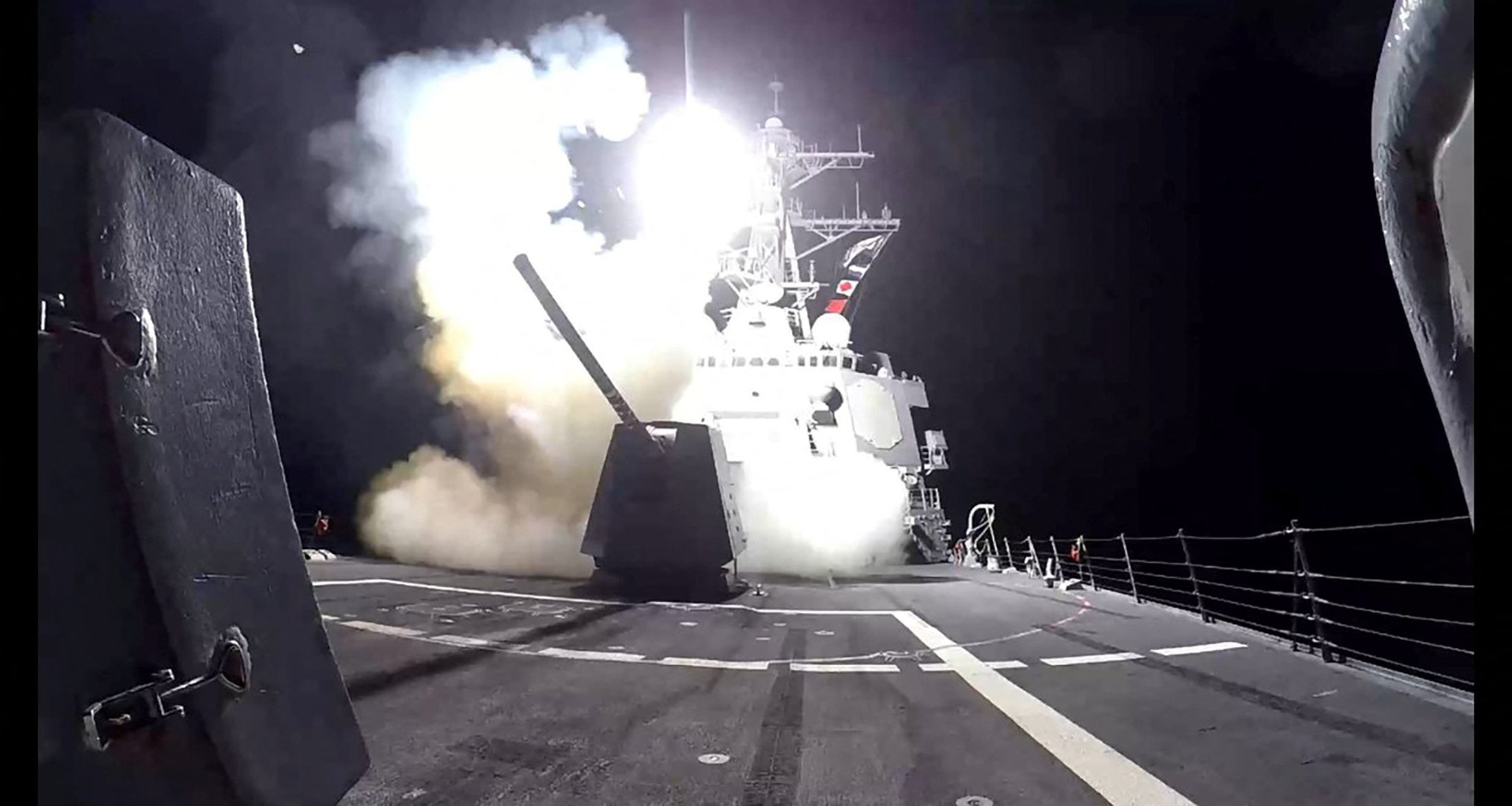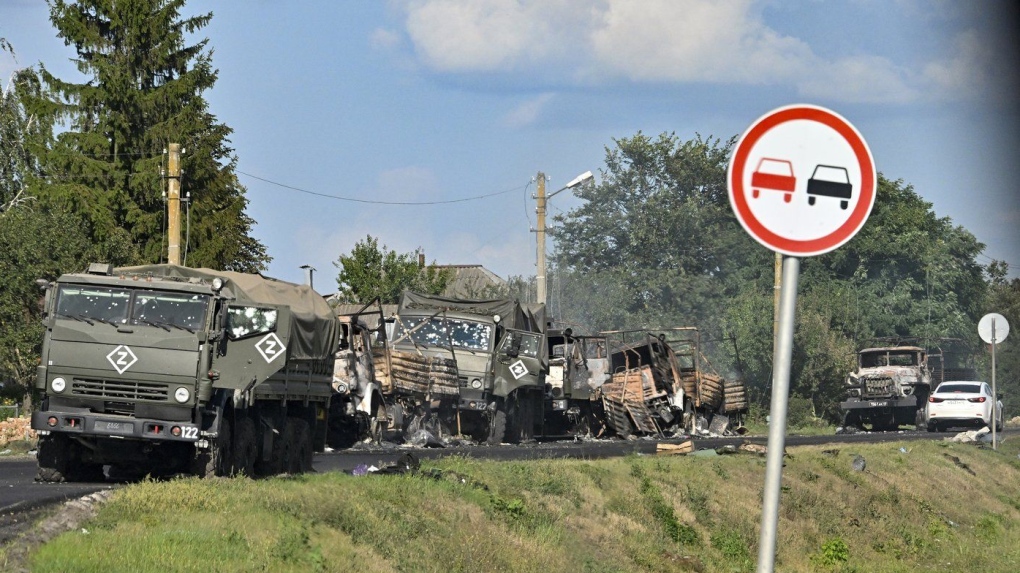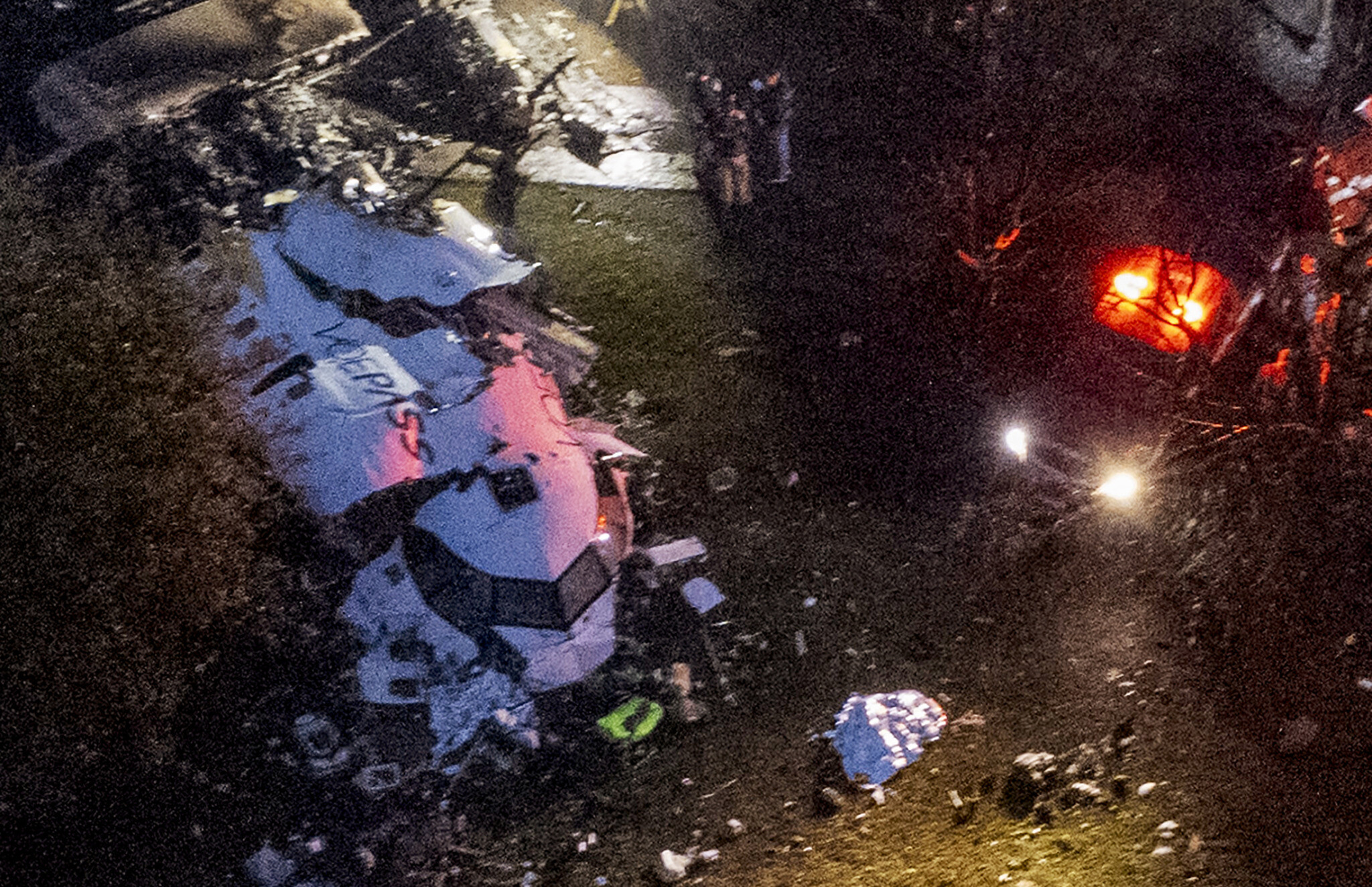Incidents
Houthis Resume Missile Attacks on Gulf of Aden Ship After Two-Week Pause

Yemen’s Houthi rebels have resumed missile attacks, targeting the Liberian-flagged container ship Groton in the Gulf of Aden, following a two-week hiatus. The attack marks the first assault by the Houthis since Israeli airstrikes and the assassination of Hamas leader Ismail Haniyeh.
The missile strike hit the Groton just above the waterline, causing minor damage, according to the Joint Maritime Information Center (JMIC), a multinational coalition led by the US Navy. Fortunately, all crew members were reported safe. The Greek managers of the ship did not respond to requests for comment regarding the incident.
The Houthis had paused their attacks on the Red Sea corridor, which have been intermittent since they began in November as part of a broader conflict involving Israel’s war against Hamas in Gaza. The pause ended with the recent strike, which coincides with heightened regional tensions following Haniyeh’s assassination in Iran—a key supporter of the Houthis.
In addition to the maritime attack, Houthi military spokesman Yahya Saree claimed responsibility for shooting down a US MQ-9 spy drone over Yemen’s Saada province. The rebels released footage showing supporters examining the downed drone and its apparent missile payload, though the footage did not reveal any military markings on the drone. The US Defense Department acknowledged the claim and is investigating the incident but has not provided further details.
The Houthis have previously targeted over 70 vessels with missiles and drones, resulting in the deaths of four sailors and the seizure or sinking of several ships. The rebels assert that their attacks are aimed at vessels linked to Israel, the US, or Britain, part of their broader campaign to influence the Israel-Hamas conflict.
However, many of the targeted ships have had little to no direct connection to the Israel-Hamas conflict, including some bound for Iran. According to the JMIC, the Groton was targeted partly due to other ships in its fleet having recently visited Israel.
The Houthis have also launched drones and missiles at Israel, including a notable attack on July 19 that killed one person and injured ten in Tel Aviv. In retaliation, Israel conducted airstrikes on Houthi-held areas in Hodeida, targeting fuel depots and electrical stations, resulting in casualties as reported by the rebels.
Incidents
Body of British Tech Entrepreneur Mike Lynch Recovered from Sunken Yacht, Daughter Still Missing

The body of British tech entrepreneur Mike Lynch has been recovered from the wreckage of the Bayesian superyacht, which sank off the coast of Sicily earlier this week, according to Italian interior ministry official Massimo Mariani. Lynch’s 18-year-old daughter, Hannah, remains missing, with divers continuing their search in the area where the vessel went down.
The Bayesian, a British-flagged yacht, was carrying 22 passengers and crew members when it sank after its mast—one of the tallest in the world—snapped during a violent storm. The yacht’s sudden capsizing resulted in a significant loss of life, with six people initially reported missing. So far, five bodies have been recovered, including Lynch’s, while 15 individuals were rescued earlier in the week.
The incident has prompted an investigation into the circumstances surrounding the sinking, with authorities and experts pointing to a series of avoidable errors that may have contributed to the disaster. Giovanni Costantino, CEO of The Italian Sea Group, the firm that owns the vessel’s manufacturer, detailed how failures in the crew’s response to the storm likely played a role.
Costantino told the Italian newspaper Corriere della Sera that the crew should have secured the hull, closed all doors and hatches, and gathered all passengers in the ship’s assembly point once they were aware of the approaching bad weather. Instead, water began flooding the yacht while passengers were still in their cabins. Costantino emphasized that the yacht’s design should have made it “unsinkable,” citing its minimal surface area against the wind and the structural integrity of its drift keel.
Costantino expressed deep sadness and disbelief over the sinking of the Bayesian, which was built in 2008 by Perini Navi, a company later acquired by The Italian Sea Group in 2021. The disaster has also claimed the lives of several prominent individuals, including Morgan Stanley International director Jonathan Bloomer and his wife, Judy Bloomer, as well as American lawyer Chris Morvillo and his wife, Neda Morvillo.
The search and rescue operation has been challenging, with emergency crews battling rough conditions to reach the wreckage, located approximately 50 meters (about 150 feet) underwater. Divers have had only brief windows of around 12 minutes to explore the site before resurfacing.
Initial reports suggest that a small waterspout, which developed over the area on Monday morning, may have been responsible for the yacht’s rapid sinking. Unverified security camera footage released on Wednesday appears to show the moments leading up to the tragedy, with the yacht rocking violently in the storm before disappearing beneath the waves in just 60 seconds.
The United Kingdom’s Marine Accident Investigation Branch (MAIB) has opened its own investigation into the incident and has deployed a team of inspectors to Palermo to conduct a preliminary assessment. As the search continues, Italian authorities are working to piece together the events that led to this devastating loss.
Incidents
Russia Condemns Ukrainian Incursion in Kursk as “Large-Scale Provocation”; EU Defends Ukraine’s Right to Self-Defense

Russia has denounced a recent Ukrainian incursion into the border region of Kursk as a “large-scale provocation,” following a significant cross-border attack that has escalated tensions between the two nations. The incursion, which began on Tuesday, involved hundreds of Ukrainian soldiers and resulted in multiple civilian casualties, including at least two deaths and 24 wounded, according to Russian authorities.
Russian President Vladimir Putin described the attack as a deliberate attempt by Ukraine to divert Russian military resources from the ongoing conflict in Donetsk. He condemned the assault as a provocation aimed at weakening Russia’s offensive capabilities in the eastern Ukrainian region.
Russian officials have also labeled the incursion a terrorist act and criticized the West for what they perceive as a “cynical silence” in response to the attack. The Kremlin’s strong reaction underscores the growing hostility between Russia and Ukraine as the conflict continues to escalate.
In response to the incursion, the European Commission reiterated its support for Ukraine, affirming the country’s right to defend itself against Russian aggression. Peter Stano, a spokesperson for the Commission, stated that Ukraine is fighting a “legitimate defensive war” and has the right to target the enemy both within its own territory and on Russian soil.
“We think that Ukraine is fighting a legitimate defensive war against an illegal aggression,” Stano told reporters. “And in the framework of this legitimate right to defend itself, Ukraine is entitled to hit the enemy wherever it finds necessary: on its territory, but also on the territory of the enemy.”
The European Union’s stance on the conflict has remained consistent since Russia’s full-scale invasion of Ukraine in February 2022. The EU has provided Ukraine with nearly €108 billion in support, including political, financial, humanitarian, diplomatic, and military assistance. Additionally, the EU has imposed 14 packages of sanctions on Russia, aiming to cut off its revenue streams and limit its access to the materials and technologies needed to sustain its war efforts.
Despite the rising tensions, the EU has reaffirmed its unwavering support for Ukraine’s sovereignty and territorial integrity, emphasizing that its commitment to Ukraine’s defense will not waver.
As the situation develops, both sides continue to engage in a fierce battle of rhetoric and military actions, with the Kursk incursion marking another significant escalation in the ongoing conflict. The international community remains on high alert as the conflict shows no signs of abating.
Incidents
Portuguese Citizen Among 61 Dead in São Paulo Plane Crash

A 48-year-old Portuguese citizen was confirmed dead in the tragic plane crash that occurred in a residential area in São Paulo, Brazil, on Friday. The confirmation came from the Portuguese Ministry of Foreign Affairs (MFA) and was reported by the Lusa news agency, which cited sources within the ministry.
The plane crash claimed the lives of 61 people, including the Portuguese national identified as Gracinda Castelo da Silva, a professor at the Federal Technological University of Paraná in Brazil. She was traveling with her husband, who also perished in the accident. The MFA expressed its regret over the incident and assured that it is in contact with the victim’s family to provide all necessary support during this difficult time.
“The Ministry of Foreign Affairs regrets what happened and is in contact with the victim’s relatives to gather more information and offer all possible support,” the MFA representative said. Further information was shared on the ministry’s official social media account.
Portugal’s President Marcelo Rebelo de Sousa extended his condolences to the family of Gracinda Castelo da Silva. In a statement published on the Presidency’s website, President de Sousa expressed his deep sorrow and offered his heartfelt condolences to the grieving family.
“The President of the Republic spoke on the phone to the family of Gracinda Castelo da Silva, the Portuguese victim, and her husband, who both tragically died in the plane crash. Gracinda was a university professor in Brazil, but she maintained strong ties to Portugal. The President extends his heartfelt condolences to the family,” the statement read.
Emergency response teams, including the fire brigade, Military Police, and Civil Defence, were immediately dispatched to the crash site. Despite the plane crashing in a residential neighborhood, authorities confirmed that there were no casualties on the ground. The aircraft’s black boxes have been recovered, but the cause of the crash remains under investigation.
Experts have suggested that “icing” — the formation of ice at high altitudes — could be a potential cause. Modern aircraft are typically equipped with de-icing systems to prevent such occurrences. However, Brazilian authorities noted that there was no indication of an emergency from the aircraft, which had undergone inspection just the day before the ill-fated flight.
The investigation into the exact cause of the crash is ongoing, as authorities work to determine what led to this devastating accident.
-

 Business12 months ago
Business12 months agoSaudi Arabia’s Model for Sustainable Aviation Practices
-

 Business12 months ago
Business12 months agoRecent Developments in Small Business Taxes
-

 Politics12 months ago
Politics12 months agoWho was Ebrahim Raisi and his status in Iranian Politics?
-

 Business11 months ago
Business11 months agoCarrectly: Revolutionizing Car Care in Chicago
-

 Business11 months ago
Business11 months agoSaudi Arabia: Foreign Direct Investment Rises by 5.6% in Q1
-

 Technology12 months ago
Technology12 months agoComparing Apple Vision Pro and Meta Quest 3
-

 Politics12 months ago
Politics12 months agoIndonesia and Malaysia Call for Israel’s Compliance with ICJ Ruling on Gaza Offensive
-

 Sports10 months ago
Sports10 months agoKeely Hodgkinson Wins Britain’s First Athletics Gold at Paris Olympics in 800m


















